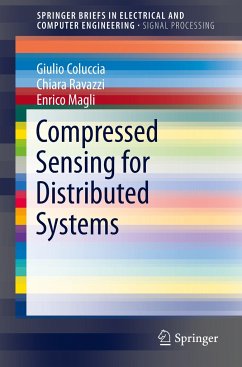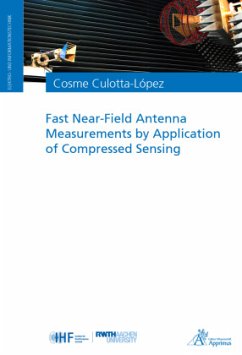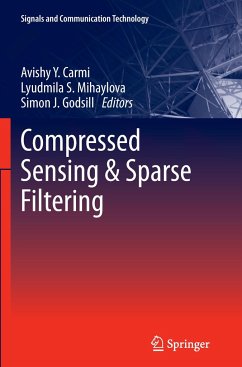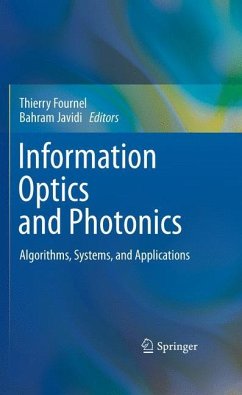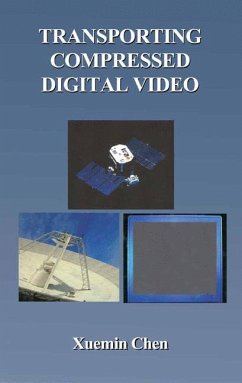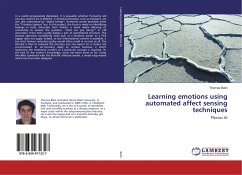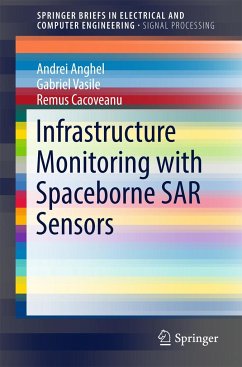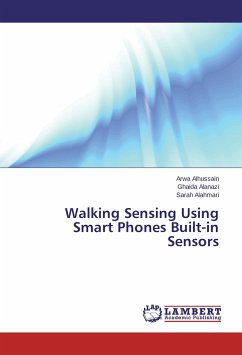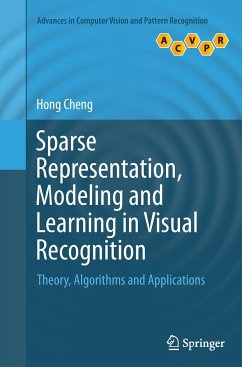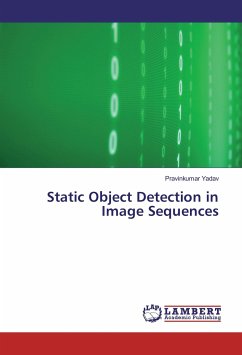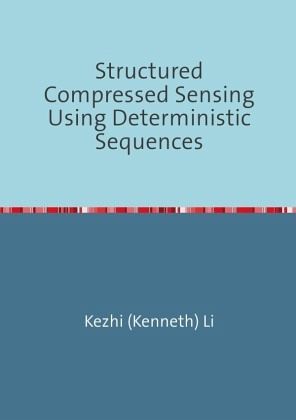
Structured Compressed Sensing Using Deterministic Sequences
Versandkostenfrei!
Versandfertig in 6-10 Tagen
19,99 €
inkl. MwSt.

PAYBACK Punkte
0 °P sammeln!
The problem of estimating sparse signals based on incomplete set of noiseless or noisy measurements has been investigated for a long time from different perspectives. In this book, after the review of the theory of compressed sensing (CS) and existing structured sensing matrices, a new class of convolutional sensing matrices based on deterministic sequences are developed in the first part. The proposed matrices can achieve a near optimal bound with O(K\log(N)) measurements for non-uniform recovery. Not only are they able to approximate compressible signals in the time domain, but they can also...
The problem of estimating sparse signals based on incomplete set of noiseless or noisy measurements has been investigated for a long time from different perspectives. In this book, after the review of the theory of compressed sensing (CS) and existing structured sensing matrices, a new class of convolutional sensing matrices based on deterministic sequences are developed in the first part. The proposed matrices can achieve a near optimal bound with O(K\log(N)) measurements for non-uniform recovery. Not only are they able to approximate compressible signals in the time domain, but they can also recover sparse signals in the frequency and discrete cosine transform domain. The candidates of the deterministic sequences include maximum length sequence (or called m-sequence, Golay's complementary sequence and Legendre sequence etc., which will be investigated respectively. In the second part, Golay-paired Hadamard matrices are introduced as structured sensing matrices, which are constructed from the Hadamard matrix, followed by diagonal Golay sequences. The properties and performances are analysed in the following. Their strong structures ensure special isometry properties, and make them be easier applicable to hardware potentially. Finally, we exploit novel CS principles successfully in a few real applications, including radar imaging and distributed source coding. The performance and the effectiveness of each scenario are verified in both theory and simulations



